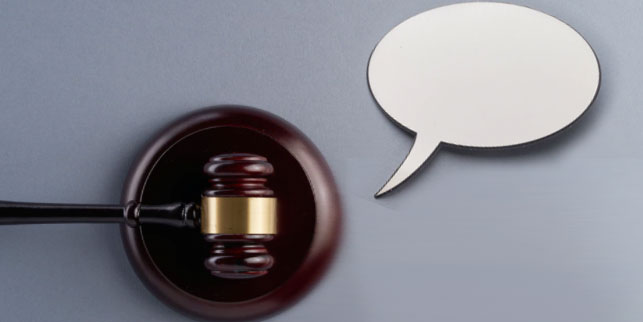
On big rights issues, the courts are like a backup fail-safe, not a strategy.
Ethan Yang, in a post for the American Institute for Economic Research, asks, “Why Have the Courts Been Deferential to Lockdowns?” Yang addresses legal principles and tests, such as “rational basis” and “the narrowly tailored standard” and writes:
Hollow phrases such as “the common good,” “the public interest,” and “reasonable” give enormous discretion to judges to decide what is and what is not constitutional. Oftentimes this is influenced by what a judge is perceiving in the popular discourse and established intellectual circles. For issues like public health, we should not expect judges to do hours of extensive research, examining the history of public health and reading critiques of disease models. They will go off what they have heard from the approved experts, what seems to be the popular idea, and what they perceive to be correct. This is how the courts approved an unprecedented expansion of government into economic and civil life during the Progressive Era and this is how the courts are doing the same today with lockdowns. The damage of hollow doctrines, such as the public interest, to sound economics and individual liberty is the basis of an award-winning essay I published that is available here. In short, they subjugate critical principles and protections to the ever-changing tides of public opinion.
This consideration is hugely relevant to the entire government systems of areas, like Rhode Island, that are rapidly discarding the notion of individual rights. Advocates seeking ways to safeguard rights and maybe even begin to reverse their erosion must carefully think things through. Investing a great deal of money and time in legal efforts may prove entirely wasted if it is like investing in a backup parachute before finding one’s self skydiving into a tornado.
Indeed, we’ve learned through our efforts in Tiverton that forcing our legal system to decide between principles and political or social preferences can actually accelerate the erosion of rights. All things being equal, an attorney general or a judge would rather allow high-minded principles to remain standing, but if you force such officials into decisions they don’t want to make that violate those principles, they’ll find sneaky ways around them, if they don’t undermine them altogether. Thus, the protectors of freedom have to be judicious, themselves, so as not to create legal tracks around the rights they’re defending.
Where this line of thought leads, ultimately, is that there is no substitute for building broad coalitions and working to change public opinion. If you’re at the point of requiring a judge to stand against his social peers and a rising political movement, it’s probably too late.

